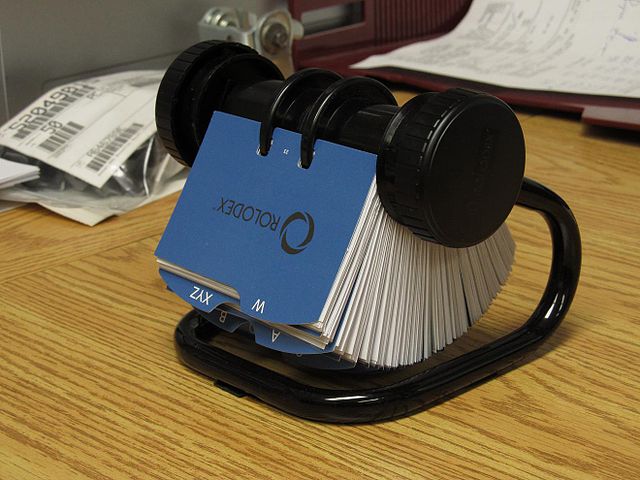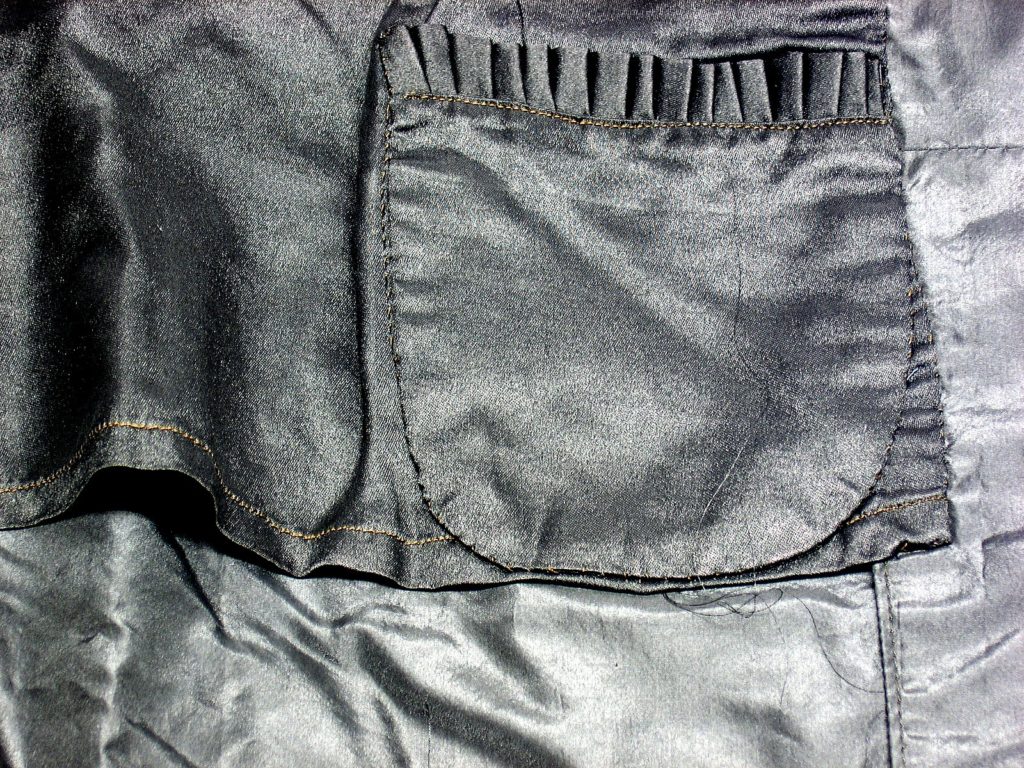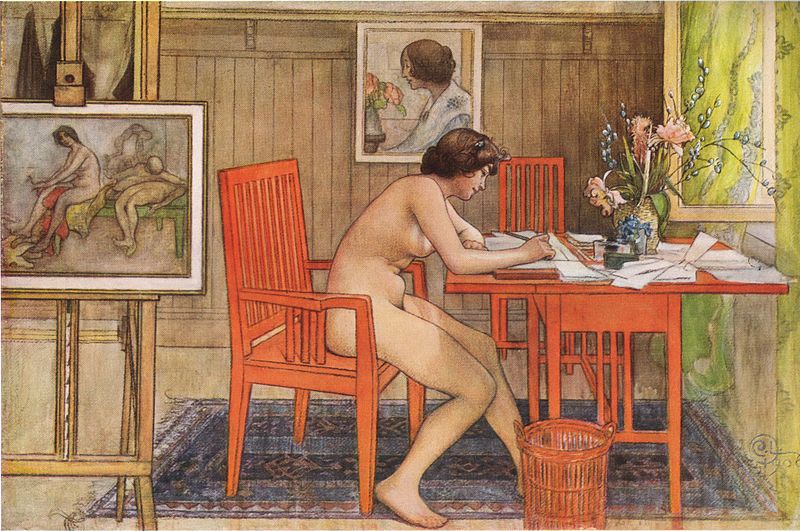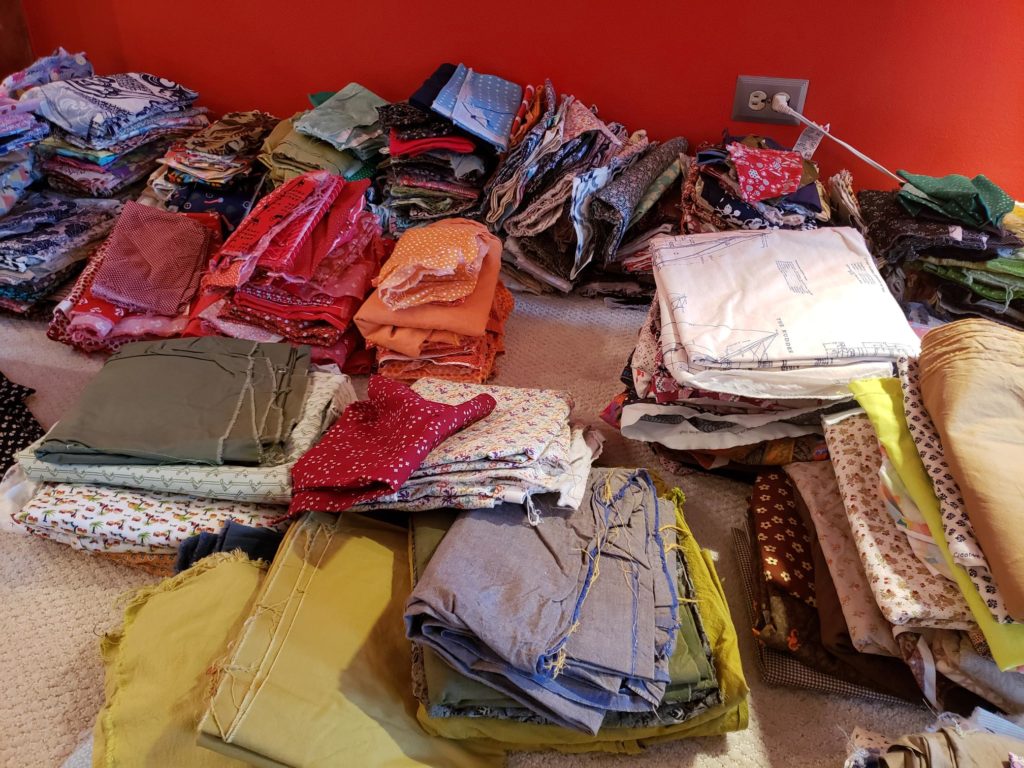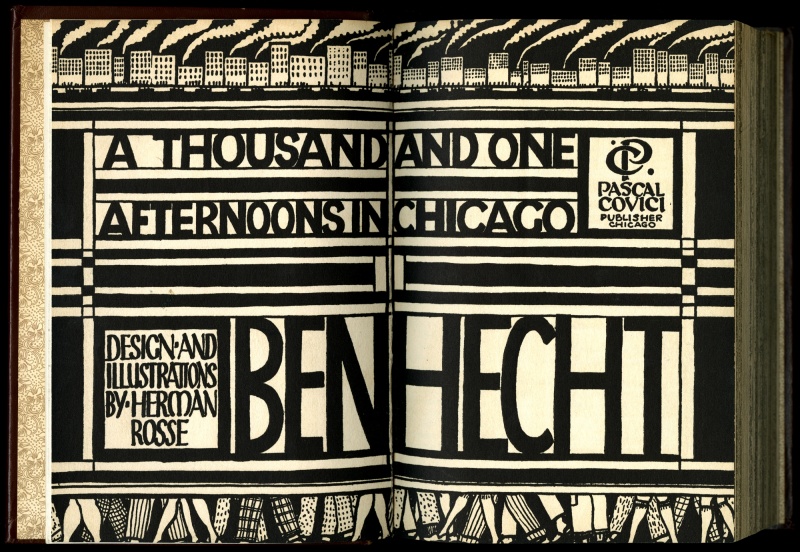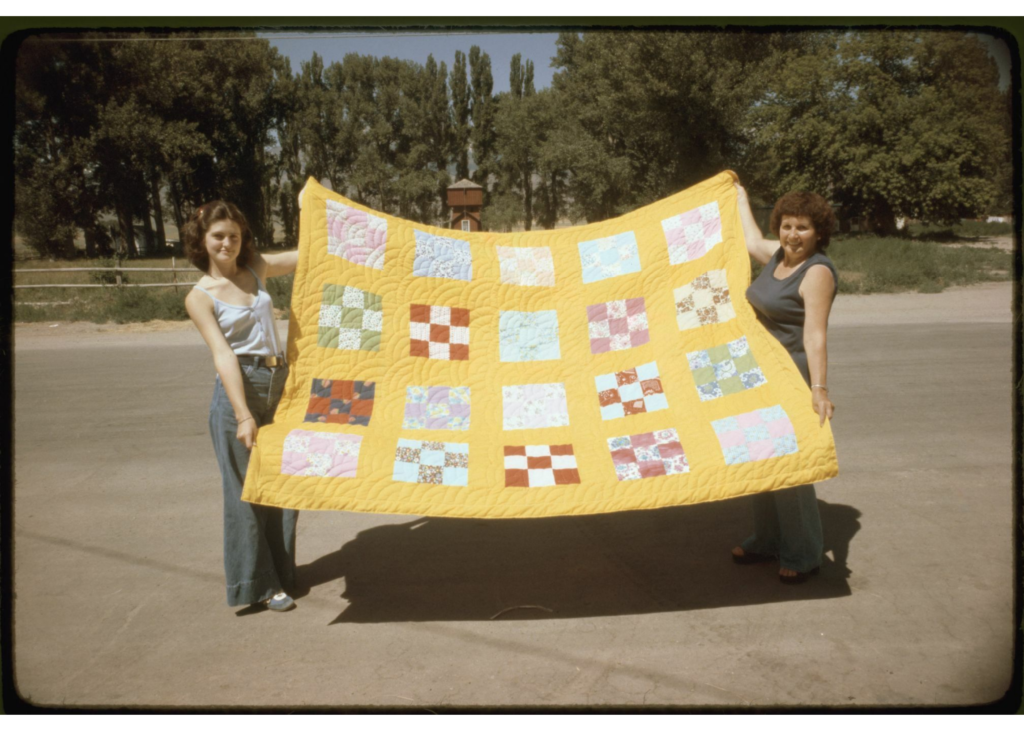If you’re reading this, I’ll bet there are some books in your house. It doesn’t matter what kind, but I’ll bet there’s more than 20. I don’t have hard data on this, but I was at an event in Indiana a few weeks ago and met a number of PaperGirl readers who were clearly book-owning people. It was a vibe.
If you’re like me, the books you’ve kept for years in your living room or den or office you’ve kept for an obvious reason: They matter. I think the books we keep are meaningful because they reflect to us and everyone else who we are — and/or maybe who we’d like to be. Our bookshelves speak volumes (I know, I know!) because they’re essentially an exhibit we’ve curated. The books on a person’s shelf say, “I’m a hopeless romantic”, or “My political views are central to who I am”, or “I’m a Christian”, or “I’m an atheist”, or “I’m an actor” or “Science fiction helps me deal with reality.” What do your books say about you? Maybe there are so many books on your bookshelves, they’re groaning under the weight of all that paper. In that case, what your books say is: “I can’t throw books out.” That’s your answer: You’re a person who can’t bear to let go of books.
The books on my shelves cover a lot of ground. I’ve got anthologies of humor writing wedged in next to a pristine set of Quiltfolk magazines, the ones I refuse to mark up, make notes in, or review incessantly so that the next issue will be better than the last. On the other shelf, I’ve got everything Camille Paglia has ever published. Next to all that is (for example) a collection of Saul Bellow letters and two or three Nabokov novels … which butt up against a tiny portion of my quilt history library. (The rest is in my basement storage unit at the moment.) To an outside observer, this quilt history/cultural fireband/chuckle fest/Lolita mix is super weird, but to anyone who knows me, the books on my shelves makes perfect sense: My library, myself. And it’s the same with you.
However mishmashed the subcategories may be, there is one prevailing genre within my shelves: Nearly everything fits into the genre of personal narrative. Personal narrative is nonfiction that comprises memoir, autobiography, diary, personal essay, and certain longform journalism. As a writer and reader, this stuff is my jam. It’s been this way since I was in high school. I don’t check novels out from the library, I don’t buy them, and I don’t read the few I still have in my possession. Why?
The way I figure, it’s unfettered reality I want — the “straight tea”, as the kids say. I’m curious about people’s direct experience being a human and if a person writes about that experience as honestly and thoughtfully as they can, I want to read that. In fact, I’m desperate to read it. Everyone has way, way more to learn than they think they do, and I know I’ll learn from people if I can access their respective alternate realities. Of course I realize that novels offer alternate realities, too, and that novels can weave reality in a lovely, different way, but I don’t want a surrogate. I don’t want a (however well-wrought) fabrication standing in between me and the story. I’m too impatient, as usual, but I’m also unapologetic about this: I want my reality uncut. Mainline me.
There are giants of the personal narrative genre. These people are my heroes. Those giants include James Baldwin, Virginia Woolf, Susan Sontag, Michel de Montaigne, Zadie Smith, Christopher Hitchens, David Foster Wallace … and Vivian Gornick.
It’s that last name we’re going to spend the rest of our time with, because Vivian Gornick wrote a book I have kept on my shelf for many years and I shall always keep it on my shelf. It’s like an old, worn, freshly washed bathrobe. The other day, needing one of those, I pulled that book down and leafed through, for old times’ sake. The content I found did two things: 1) it caused me to think about the books we keep on our shelves and 2) it broke open why I can’t get a grip on this blinkin’ blog.
First things first: Vivian Gornick is a genius at writing. Her writing is efficient and elegant — think Einstein’s theory of relativity. Her sentences have zero fat. There is no ego, no flourish. She doesn’t stand for that crap. She observes everything and then she writes down the truth of it, however mundane. She writes books and essays and critical reviews and they will inspire you and also depress you if you’re a writer, because guess what? There’s only one Gornick, baby. If you want a place to start, read her memoir about her relationship with her mother, Fierce Attachments.
Okay, okay, so Gornick wrote a book a few years ago called The Situation and The Story: The Art of Personal Narrative. When I was teaching writing at the University of Chicago, I used this book a lot, especially in the blogging class and the storytelling class. The book is one big revelation, but perhaps the biggest, baddest one is essentially this: to write about your life, you have to craft a persona, because a persona will give you the voice you need to write the story of your life. Here’s an excerpt from the book, and I know I’m just diving in here, but I looked hard for the right passage so I hope you’ll track with me on this:
“The writing we call personal narrative is written by people who, in essence, are imagining only themselves in relation to the subject in hand. … Out of the raw material of a writer’s own undisguised being a narrator is fashioned whose existence on the page is integral to the tale being told. This narrator becomes a persona. Its tone of voice, its angle of vision, the rhythm of its sentences, what it selects to observe and what to ignore are chosen to serve the subject; yet at the same time the way the narrator — or the persona — sees things is, to the largest degree, the thing being seen.
To fashion a persona out of one’s own undisguised self is no easy thing … Yet the creation of such a persona is vital in an essay or a memoir. It is the instrument of illumination. Without it there is neither subject or story. To achieve it, the writer of memoir or essay undergoes an apprenticeship as soul-searching as any undergone by a novelist or poet: the twin struggle to know not only why one is speaking, but who is speaking.”
This blog has existed since 2005. For more than a decade, save for a few periods when I’ve gone dark — as I’ve been lately — I’ve shared my life here and I have told you the truth. I am vulnerable here. I don’t bullshit you. I respect you, I respect myself, and I tell the truth and because of that respect, I cannot write things that are fake. The times when the blog has evaporated for a spell, it’s evaporated precisely because I refuse to be inauthentic, and sometimes it’s impossible to be authentic without turfing out. Put another way: If what’s going on with me is deeply private, if it is not for public consumption, yet, if it would compromise other people, if it simply makes no discernible sense yet, or if I’m just plain too scared to tell you, I don’t know how to write PaperGirl.
PaperGirl is fun. Yes, she’s vulnerable and open. We know that. I talk about sad stuff and bad stuff and gross stuff. But she bounces back. She’s a total dork, a complete spaz. She has perspective and she knows who she is. I love PaperGirl. She’s definitely real. She’s me. She’s a part of me, anyway, which means PaperGirl is … a persona. Absolutely authentic, no fake-out, no bullshit. But a specific voice from me who can take “the raw material of [her] own undisguised being” and tell you about it using a specific “tone of voice”, “angle of vision”, and with a certain rhythm to her sentences. I don’t want to get too writer-rabbit-hole-y on you — too late — but believe me: For years and years, when it was time to sit down and write PaperGirl, I mentally and involuntarily slipped on my PaperGirl shoes, cracked my knuckles, and voila: I could write about my life.
I’m afraid that persona has left the building.
Wait, wait! I don’t mean that in some dour, gloomy way. It’s weird and yes, it is sort of sad: I liked her. I liked that goofy, chummy, weird, sensitive, earnest PaperGirl. I hung out with her a long time, and so did you, and I love you very much, and she loved you very much. But after everything that happened this past winter and everything that has happened since, I can’t get those shoes on my feets. They do not fit. I observe things constantly that I want to tell you about, every single day, but I can’t get it on the page/screen. For awhile, every time I saw something I would normally zip out to you, I’d think, “Yes. That’s it. Tonight I can blog. Yes, I have to write about that, I have to share that. I love that and they’ll love that.” But that night, I’d try to put the shoes on and … I couldn’t write in that PaperGirl voice anymore and that was hard, but even harder was that I didn’t know what voice would take its place. Or if one would. That is a very scary thing for a writer and for a person.
The good news is simply that I’ve figured all this out, and I send my regards to Vivian Gornick. And because I’ve figured it out — that it’s impossible for me to blog like I used to because I’ve outgrown the PaperGirl persona/narrator — this means I can let myself off the hook. I’m not a bad blogger, I’ve just got a concussion. I’ll always write about my life; I just have to figure out who’s doing the writing.
In conclusion: If I let myself off the hook for not being “PaperGirl”, I think I can blog. I think so. There’s an opening. Thank you for all the emails and the comments and everything. You people are amazing. I’m doing pretty good and oh man do I have so much to tell you, big things and little things. I’m bursting to tell you, but I just don’t know what the PaperGirl 2.0 voice is, yet. I’ll get her. I’ll catch her. I get back on my feet. I’ll practice.
This is me, practicing.
